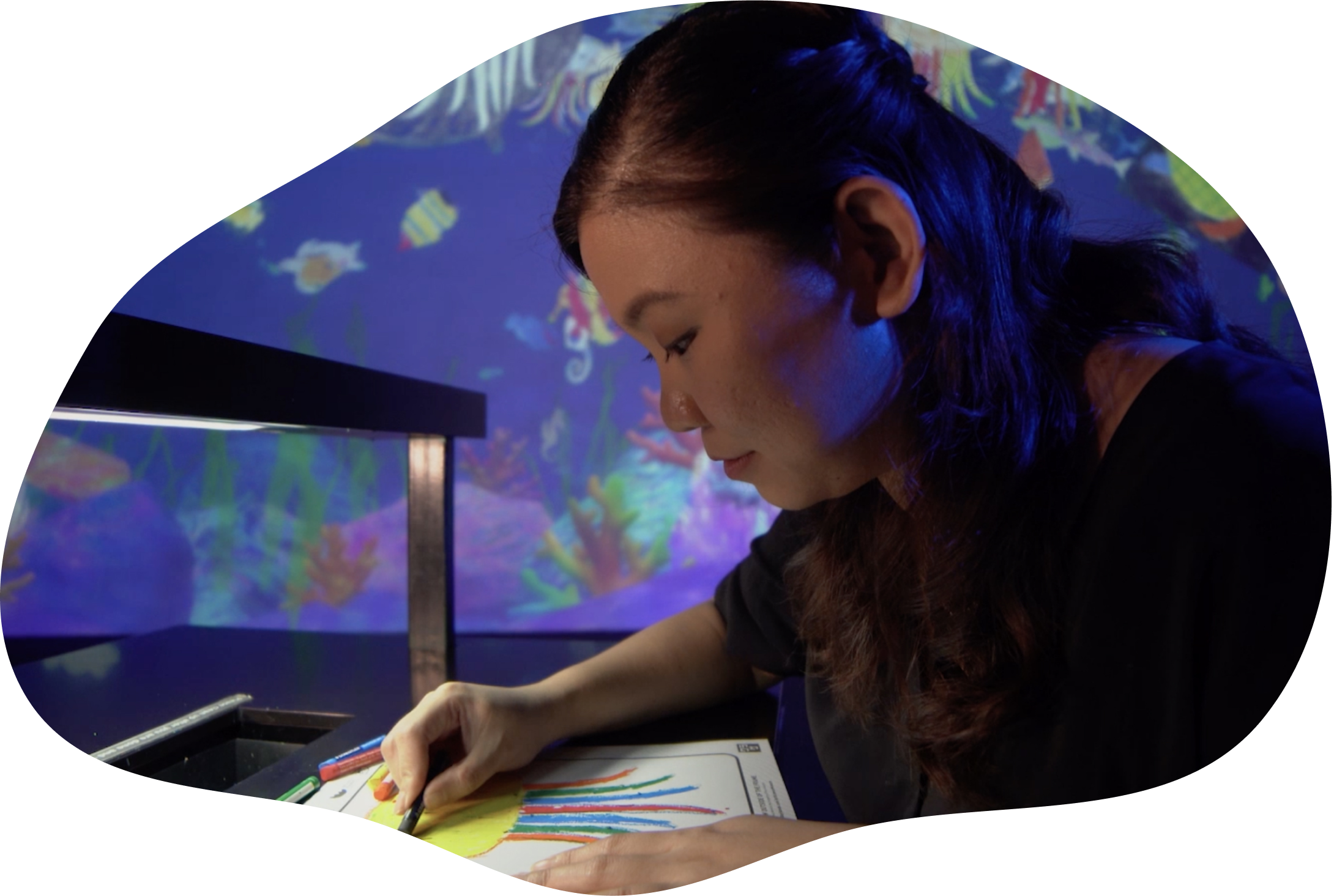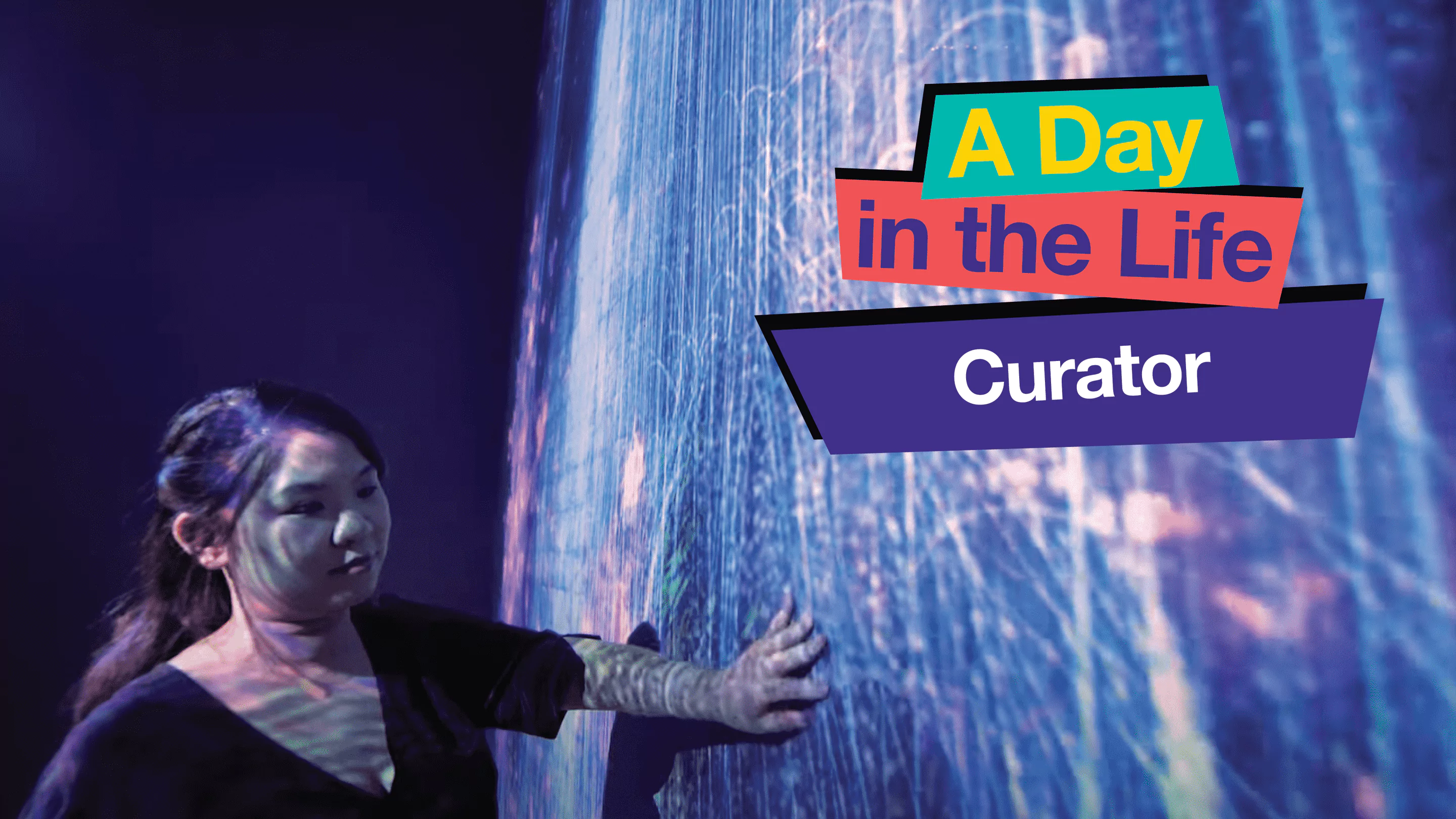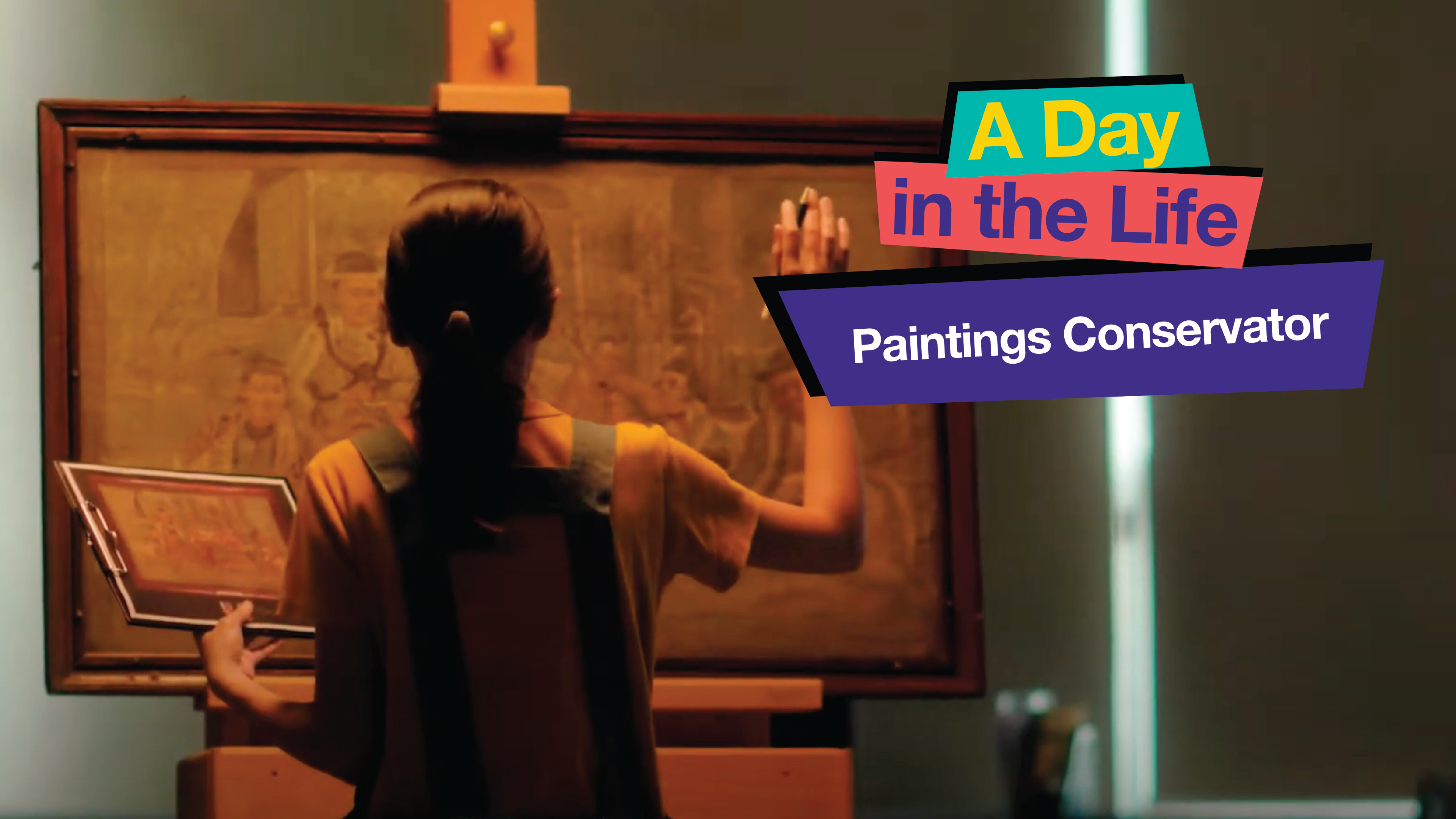
Curators organise art exhibitions by collating and analysing artistic and cultural collections.
Curator Job Description
- Research and select Artists or Artworks for exhibitions.
- Get selected artworks from Artists, Collectors, or collections.
- Plan and organise art exhibition set-up.
- Prepare written material to explain the artwork at exhibitions.
- Conduct talks and tours on artists or exhibitions.
Note
Some Curators start out as Artists, Art Collectors or Professors before pursuing a role as a Curator! Large museums may employ different Curators as each individual specialises in specific artwork.
What you should know about Curator jobs in Singapore
Nature of Work
As Curators, you can also be an independent one who is not attached to an institution. You can curate for private art exhibitions or events.Key Advice
You need a well-trained eye as you will be responsible for displaying artwork and other items in a museum or gallery.-
Entry RequirementsEntry Requirements
- Have a diploma, bachelor's degree or an equivalent in History or Visual Arts.
- LASALLE College of the Arts offers a bachelor's degree in Arts Management which is a three-year course of study intended for aspiring Curators.
- Network and expand your social circle because as a Curator, knowing people in the Art industry is essential.
-
Possible PathwayPossible Pathway

Skills you need to pursue a Curator career in Singapore
Art History
Proficiency in understanding and analysing artistic movements, styles, and historical contexts.Exhibition Management
Expertise in planning, organising, and executing art exhibitions and gallery displays.Museum Studies
Knowledge of museum operations, including curation, preservation, and educational programming.Communication
Effective verbal and written expression to convey artistic concepts and engage with diverse audiences.Creative Thinking
The ability to innovate and approach art-related challenges with imaginative solutions.Attention to Detail
A keen focus on precision and thoroughness in handling artwork and museum-related tasks.
“Curators are like storytellers. As Curators, we conceptualise and deliver exhibitions.”
Charlene, Curator
Related Job Roles
Explore Other Programmes
Browse AllYou have bookmarked your first item!
Find it in My Discoveries with insights on your interests!












